Tropicals > Agave > Agave gypsophila > Agave gypsophila
Agave gypsophila
Gypsiferous Agave
Origin: Agave gypsophila is native to Mexico and is found in the states of Jalisco, Colima, Michoacan and Guerrero.
| Family |
| Agavaceae |
| Genus |
| Agave |
| Species |
| gypsophila |
| Category |
| Tropicals |
| Canadian Hardiness Zone |
| Cool season protection under glass. |
| Temperature (°C) |
| -3 |
| Height |
| 1 m |
| Spread |
| 2 m |
Photographs
Description and Growing Information
Flowering Period
| Landscape |
| Container plant. |
| Cultivation |
| Well-drained. Light shade or morning sun. |
| Growth |
| Slow |
| Habitat |
| Agave gypsophila is understory species found in rocky ravines and gullies in tropical deciduous thorn forest. Soils are calcerous or gypseous rock. Found from 370 - 960 metres above sea level. |
| Leaf Description |
| Single rosette of wavy foliage. Linear with narrowly spaced teeth along the undulating margin. Young leaves clasp together in a tube-like shape before curving down and becoming more wavy. Creating a fountain-like effect. Can reach up to 2 m in height. |
| Flower Description |
| Infrequent flowering can occur. Panicles are 2 - 3 m tall. |
| Colour Description |
| Young leaves are a pale greyish-green and become more grey in colour as it matures. Flowers are yellow. |
| Texture Description |
| Leaves are very brittle when young. |
| Notable Specimens |
| Kings Park and Botanical Garden, Perth, Australia. |
| Propagation |
| Propagate by removing offsets (pups). |
